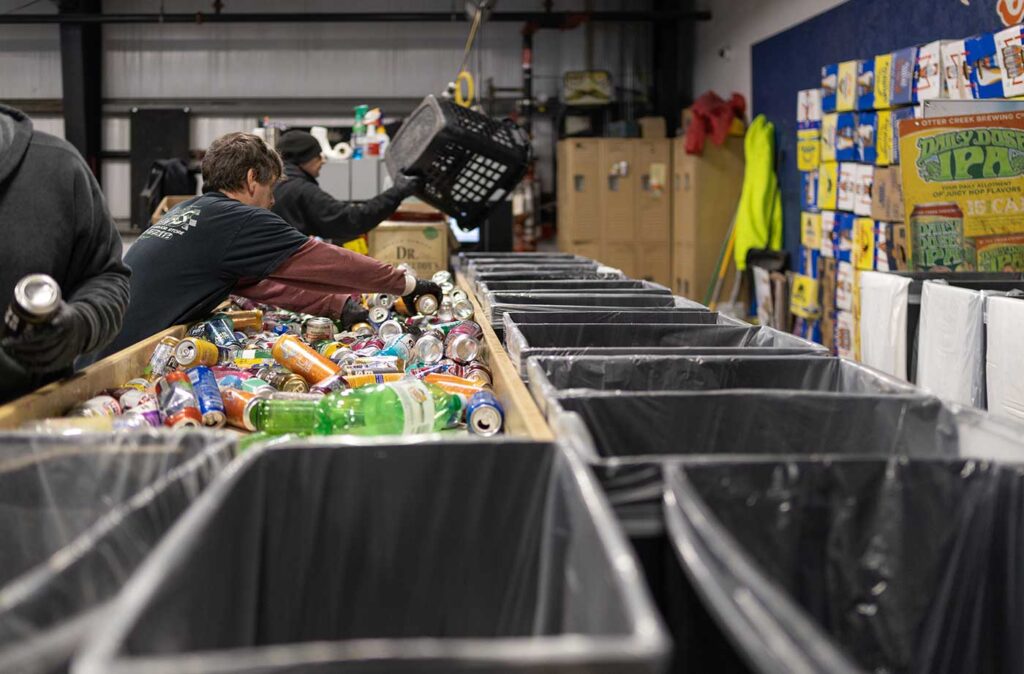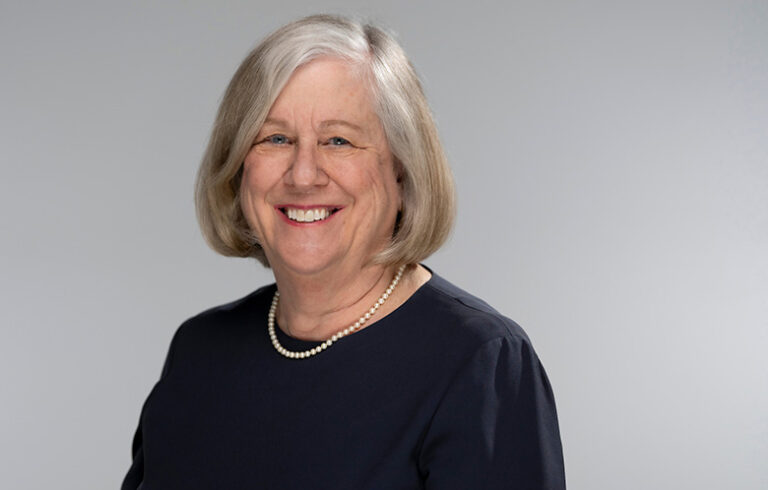Step into your local redemption center and what you will see is the beating heart of Maine’s most effective recycling and litter prevention program. These hard-working businesses hand sort thousands and thousands of bottles and cans—perhaps redeemed by your child’s classroom or sports team—ensuring a strong, successful market for recycling glass, metal, and plastic.
Unfortunately, Maine’s local redemption centers are struggling to survive. Inflation and labor shortages have forced some to close and many others to operate at a loss. Some of you may have witnessed these stresses first-hand if you’ve had trouble redeeming bottles and cans, or seen bags of returnables piled up at CLYNK depots in Hannaford parking lots.
It’s why Maine’s lawmakers need to act quickly to modernize the Bottle Bill this year.
Maine’s Bottle Bill is a big part of our culture and environmental ethic.
The Bottle Bill began in 1978 and today is responsible for recycling more than 40,000 tons…
Hundreds of Mainers have built their lives and small businesses around bottle redemption. It helps cities and towns reduce waste and save money, and results in more than $2 million a year in donations to local charities.
The Bottle Bill began in 1978 and today is responsible for recycling more than 40,000 tons of material each year, including all glass containers and more than 60% of all plastics. Maine is one of ten states with a bottle bill, and it’s the most comprehensive and successful.
But during the 45 years since the Bottle Bill began there have been many new types of beverages brought to market, advancements in technology, and a growing consumer demand to return to refillable containers.
Local redemption center owners, environmental groups like the Natural Resources Council of Maine, and others who care about the future of the Bottle Bill are encouraging Maine lawmakers to take swift action this legislative session to help redemption centers stay in business and ensure that Mainers have places to redeem their bottles and cans.

The first bill (LD 134) is an emergency bill to provide immediate relief by increasing the handling fee that is paid to redemption centers by big beverage companies for each container that is redeemed.
This handling fee, set by the legislature, does not keep pace with inflation and hasn’t been increased since 2019. Unlike other business owners, who can raise their prices to cover new costs, Maine’s redemption centers have to ask the Legislature to raise the fee.
Thankfully, this bill passed with unanimous bipartisan support from the Environment and Natural Resources Committee, and the Legislature recently approved this bill with the two-thirds majority vote that was required for the legislation to be implemented right away.
The second bill, sponsored by Rep. Allison Hepler of Woolwich, would modernize the Bottle Bill to make it more efficient, effective, and resilient for the future. It would streamline the program for hard-working redemption centers by eliminating the tedious brand-level sorting and instead requires all containers be sorted by material type—plastic, glass, steel, and aluminum.
A proposal for a new “commingling cooperative” would guarantee timely pick-up of and payment for redeemed beverage containers by beverage manufacturers.
The bill also redirects the deposits paid by consumers who never redeemed their containers to support sorely needed improvements that will increase consumer convenience and reduce trucks on the road. It also invests in new programs that could help us shift away from some disposable containers toward more reusable options.
These two bills work together to support the redemption centers while we work to make the Bottle Bill stronger for the future.
As individuals, one of the best ways we can get involved is by encouraging lawmakers to support these bills. We also need to redeem our containers. Twenty-five percent of beverage containers sold in Maine aren’t being returned, and that money stays with big corporate brands like Coke and Pepsi. Redeeming your containers ensures the money goes back to you or to whatever local charity you’re supporting.
No other program can deliver the environmental, economic, and social benefits of the Bottle Bill. Local redemption centers mean so much to the communities they serve. The time is now to bring our Bottle Bill into this century and support the local businesses that will ensure its long-term success.
Sarah Nichols in Sustainable Maine’s director at the Natural Resources Council of Maine.





